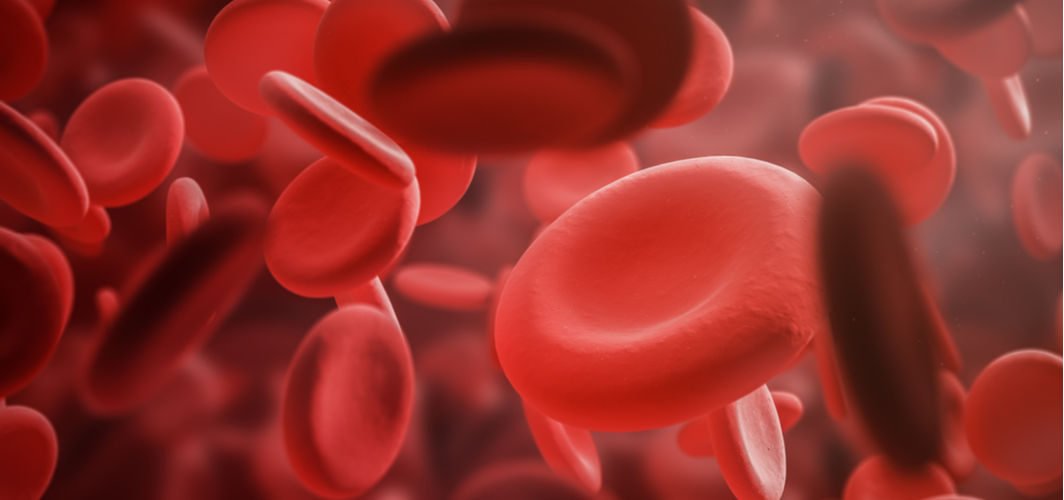General Health
5 Medicines You Should Never Consume without a Prescription
3 min read
By Apollo 24/7, Published on - 17 December 2021, Updated on - 04 May 2023
Share this article
8
120 likes

With the bulk of the information available online, people often self-diagnose their condition and start consuming several prescription medicines such as statins or steroids, without consulting a doctor. This can put people at risk of severe allergic reactions, some of which can be life-threatening. It is extremely necessary to analyse the dosage, possible complications and harmful interactions of the medicine with other medicines before consumption. Medicines should always be taken under the supervision of a healthcare professional.
Medicines that should not be consumed without prescription
1. Prescription painkillers
While over-the-counter painkillers (such as paracetamol) are considered safe for use, several prescription analgesics may cause more harm than good if consumed carelessly. Prescription painkillers such as opioids (tramadol) and non-steroidal anti-inflammatory drugs (ibuprofen and aspirin) are usually prescribed to people suffering from chronic pain. However, abuse of these painkillers can result in serious side effects such as indigestion, stomach ulcers, bleeding, rashes, bruising, liver damage, heart attack, and even stroke.
2. Antibiotics
Antibiotics help in treating various bacterial infections such as strep throat, urinary tract infection, pneumonia, tuberculosis (TB), meningitis, and several others. However, inappropriate, excessive usage, and incomplete course of antibiotics, can lead to microbial resistance. This reduces the efficacy of the antibiotic in treating that specific bacterial infection. For instance, due to the resistance developed in the body against amoxicillin (one of the most commonly prescribed antibiotics), it is now given in combination with clavulanic acid.
Recommended read: How to Prevent Antibiotic Resistance in the Body
3. Statins
Cholesterol-lowering medicines, commonly known as statins, are prescribed to people with high cholesterol levels in the blood, which increases their risk for heart diseases. However, some people use these medicines to lose weight, without consulting a doctor. This can put them at risk of muscle damage and pain, liver damage, and several neurological side effects such as confusion and memory loss. Instead of using statins, it is advisable to add cholesterol-lowering foods such as whole wheat, brown rice, omega-3 rich fatty fish (sardines and tuna), lentils, pulses, and nuts and seeds to the diet.
4. Steroids
Anabolic steroids are prescription medications, which are often misused by people to increase muscle mass and enhance athletic stamina. Little do they know, the injudicious use of anabolic steroids can result in a variety of side effects, ranging from mild effects such as acne and mood swings to life-threatening effects such as heart attack, stroke, liver damage, and severe hormonal imbalance.
5. Sleeping pills
Sleeping pills, also known as sedatives or hypnotics, are commonly prescribed to people suffering from sleeping disorders such as insomnia. However, misuse of these sleeping pills can result in dizziness, difficulty in balancing, dry mouth, headache, heartburn, nausea. Moreover, consumption of non-prescribed sleeping pills can be life-threatening for people with sleep apnoea, as their breathing gets interrupted while sleeping. Even supplements containing melatonin (the sleep hormone) should not be consumed without a prescription.
Recommended reading: Overcome Insomnia with a Healthy Lifestyle
Takeaway
With easy access to pharmaceutical products, people end up consuming several prescription medicines, which can put them at risk for severe consequences. It is advised that you talk to your doctor before starting or stopping any medication. Your complete medical history would help the doctor determine whether the medicine you’re consuming is safe.
You can also book an appointment with a general physician using the Apollo247 app.
General Health
Leave Comment
Recommended for you

General Health
How To Make Your Gym Sessions Effective? Quit These 5 Bad Habits Now
If you work out every day and are still way too far from achieving your fitness goals, then you must be doing something wrong. Certain habits can make your exercise sessions less productive than you expect.

General Health
Can A Simple CBC Test Determine Common Blood-Related Diseases?
A complete blood count (CBC) test can help detect various disorders and conditions by measuring the strength and other aspects of different types of blood cells.
.jpg?tr=q-80)
General Health
The Link Between UTI And Sexual Activity
Sexual activity can increase the risk of bacteria entering the urinary tract, potentially leading to an infection. UTIs are more prevalent in women, with approximately 1 in 5 adult women experiencing a UTI at some point. Women have a shorter urethra than men, which makes it easier for bacteria to enter the bladder due to their anatomy.
Subscribe
Sign up for our free Health Library Daily Newsletter
Get doctor-approved health tips, news, and more.
Visual Stories

Could There Be More to Your Snore?
Tap to continue exploring
Recommended for you

General Health
How To Make Your Gym Sessions Effective? Quit These 5 Bad Habits Now
If you work out every day and are still way too far from achieving your fitness goals, then you must be doing something wrong. Certain habits can make your exercise sessions less productive than you expect.

General Health
Can A Simple CBC Test Determine Common Blood-Related Diseases?
A complete blood count (CBC) test can help detect various disorders and conditions by measuring the strength and other aspects of different types of blood cells.
.jpg?tr=q-80)
General Health
The Link Between UTI And Sexual Activity
Sexual activity can increase the risk of bacteria entering the urinary tract, potentially leading to an infection. UTIs are more prevalent in women, with approximately 1 in 5 adult women experiencing a UTI at some point. Women have a shorter urethra than men, which makes it easier for bacteria to enter the bladder due to their anatomy.